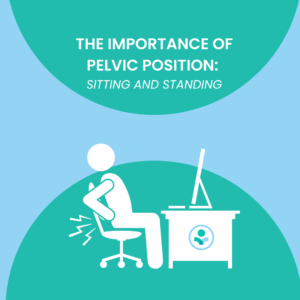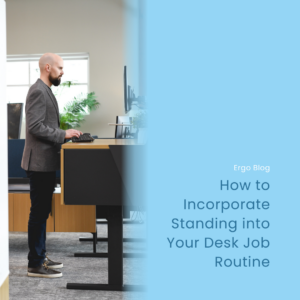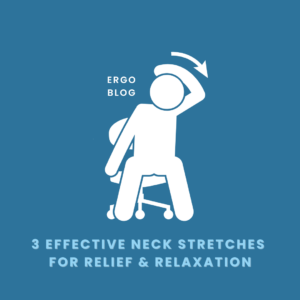Updated: Jun 22, 2023
Should I Wear Blue Light Blocking Glasses?
Blue light blocking, blue light filtering, or blue blocking lenses are currently available from online stores to local boutiques. They are stylish and price ranges can be fairly affordable. Ads are marketing all sorts of benefits. This includes reduced eye fatigue when using computers or other digital devices, improved sleep quality, prevention of dry eyes, minimized glare, reduction of headaches, and protection from fluorescent lighting. This all sounds very appealing. Could it be too good to be true? Let’s dig into the research to learn more about the details.
Why Blue Light?
Blue-blocking lenses work by attenuating short-wavelength light… Or more simply stated… by decreasing light wavelengths, such as blue light. Blue wavelengths are the most potent portion of the visible electromagnetic spectrum for circadian regulation (our internal clock) which helps to alert our brain to wake up or to stay awake.
Our environment, such as the sun, creates different wavelengths of light, depending on the time of the day. People used to spend their evenings in darkness. However, with the use of more technology, our nights are illuminated now more than ever, especially with blue light. This type of light is environmentally friendly, it can boost our attention, reaction time, and mood. Daylight keeps a person’s internal clock aligned with the environment.
Melatonin plays a part in all of this as well. Generally, any kind of light can suppress the secretion of melatonin. However, blue light at night does so more powerfully. Melatonin is a hormone that your brain produces in response to darkness. It helps to maintain your internal clock and sleep. Blue light at night can have a negative effect on melatonin production and even block production altogether.
Scientific Studies and Blue Light Blockers
There are several independent research studies available that study a single product in relation to blue light blockers. Many times, these studies result in positive benefits and with the recommendation to wear blue-blocking glasses. Results indicate the benefits noted above such as decreased eye fatigue and improved sleep quality. However, when looking at a larger database of Medline, PubMed, Web of Science, and the Cochrane Library, results seem to be a little different. Based on a study by Vagge, A., Ferro Desideri, L., Del Noce, C., Di Mola, I., Sindaco, D., & Traverso, C. E. (2021, October) it was found that the benefits of blue blocking lenses are often theoretical or based on laboratory or animal experiences.
Recommendations
If you have a pair of blue light blockers and you feel positive effects, then keep wearing them. If you are on the fence about getting a pair, then take some time to consider your options. Look for a high-quality lens that will not distort the image on your screen and will still allow you to see clearly. If you would like to protect yourself from blue light with or without blue light blockers, also consider these other recommendations.
- If a night light is needed, use a dim red light instead of a bright white or soft white. Red is less likely to shift our internal clock and suppress melatonin.
- Avoid looking at bright screens two to three hours before bed.
- Step outside to absorb the bright light during the day, which will boost your ability to sleep at night. Being outside without sunglasses on for 15 minutes when the sun is rising can have positive effects in alerting you throughout the day. The bright light outside can boost your mood as well.
- Also, step outside at night for 15 minutes without sunglasses on. The light from the sun signals your brain to prepare for sleep.
If you are experiencing difficulties with your eyes, refer to this blog or check out this video as well. Feel free to reach out to us with your questions. We are always happy to help!
Check out our YouTube video below for a visual representation of the blog!



